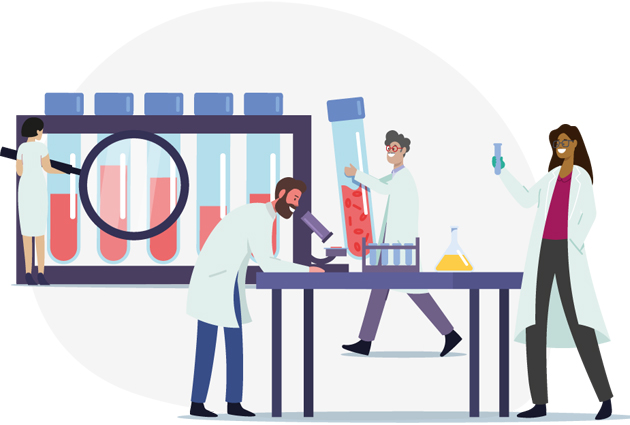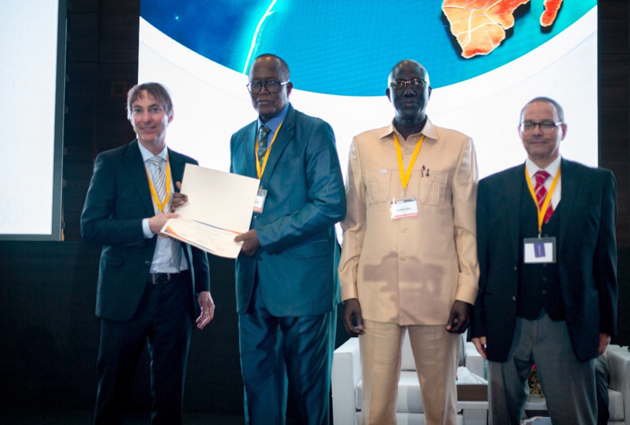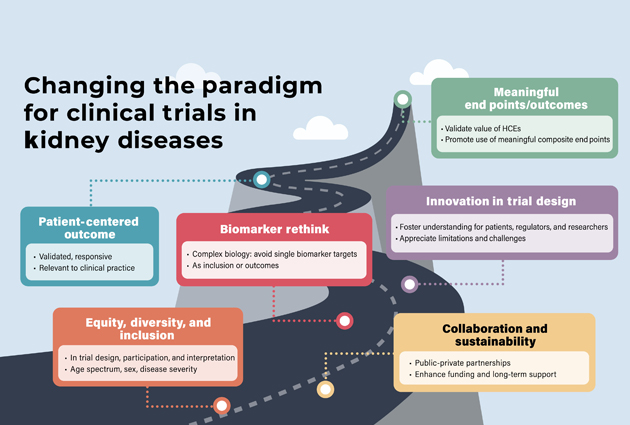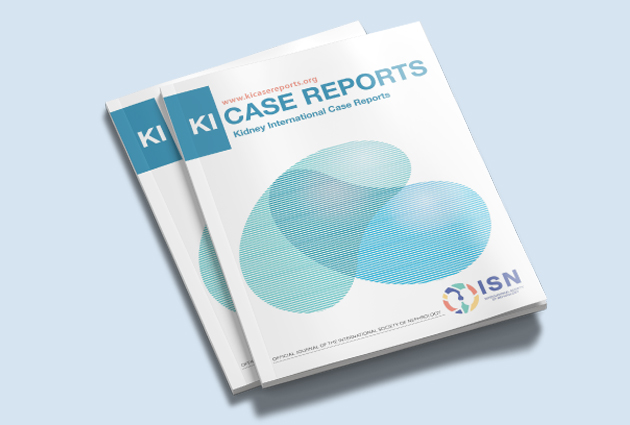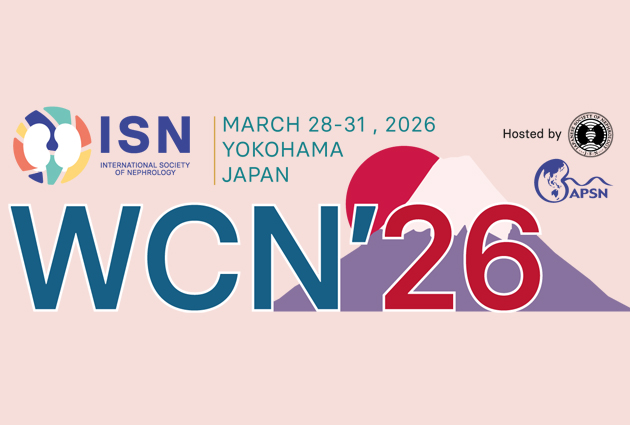The Challenges of Being a Young Nephrologist Nowadays in Argentina


Mariano R. Farias Daminato Facundo
By Argentinian Society of Nephrology (SAN) members Mariano R. Farias and Daminato Facundo.* SAN Young members have collaborated with the ISN Young Nephrologists Committee to prepare the YNC session at the World Congress of Nephrology 2024 (WCN’24): AKI and Critical Care Nephrology in Latin America. The SAN became an ISN Collective-Member Society last year.
Register for the congress here.
As detailed in a study in Canada led by ISN President-Elect Marcello Tonelli, nephrology is one of the most complex specialties since patients often present numerous comorbidities, take various drug prescriptions, have higher chances of suffering mental disorders, are referred to other specialists, and, lastly, are more likely to be hospitalized during extended periods as a result of their health issues.
In addition to the above concerns in caring for people with kidney diseases, we would like to mention some specific issues related to our country.
Regarding training, Argentina offers high-level training programs compared to other regions. There are public and private universities and high-quality teaching hospitals. In addition, SAN is a non-profit scientific entity in charge of authorizing training centers and certifying/rectifying nephrology specialists. This society’s aim is to ensure that qualified specialists are available throughout the country.
However, one disadvantage is that many of these centers are only located in the country’s capital and two other regions (Rosario and Córdoba). Since Argentina is incredibly vast, some provinces do not have as much access to medical care as desired. Also, it is sometimes difficult for specialists to attend conferences and meetings in different regions. For this reason, the education committees from SAN and SAN Young (launched in 2023) created several itinerant conferences to encourage scientific activity throughout the country.
In recent years, some vacancies in training positions have not been filled, mainly for financial reasons, as fees for nephrologists in the country are low. Argentina is facing a very complex economic crisis and extremely high inflation rates. Unfortunately, however, medical salaries have not kept pace.
Professional integration after training is not simple either. For this reason, local and international societies, like the SAN, the Latin-American Society of Nephrology and Hypertension (SLANH), and the International Society of Nephrology (ISN), offer young doctors more involvement and support. Some examples are the creation of committees that these young doctors can be part of and increased roles at the upcoming WCN’24 in Buenos Aires. SAN and SLANH are co-hosts of WCN’24.
Despite these challenges, Argentina maintains high-quality standards in terms of medical attention and kidney care services. We treat 100% of patients requiring dialysis, we have a high rate of nephrologists per million inhabitants, the number of transplants per million inhabitants is appropriate for the region, we boast high-quality records, and our patient mortality rate (both in dialysis and transplants) falls within international standards according to the latest records from SAN and SLANH.
Maintaining these high standards can be a significant challenge – it is well known that our profession can be pretty busy, and training can be stressful and tiring. In addition, there are inequalities in our healthcare system, and some responsibilities that are not strictly related to our role as doctors often fall upon us, especially to doctors in training. These elements can lead to unwanted situations like burnout and other problems that negatively impact young nephrologists.
Among Southern Cone countries, Argentinian nephrologists are referents in transplants, kidney replacement therapies, and glomerulopathy thanks to the tireless efforts of specialty leaders supported by residents, fellows and trainees. Moreover, there is an agreement between SAN and the National Central Institute for Ablation and Implantation (INCUCAI) to create a registry of patients with CKD in stages 3b and 4 and to set up chronic kidney disease clinics that will allow us to improve the quality of our medical attention, with a strong focus on prevention, since we are a developing country and need to reduce healthcare costs.
Another very important aspect that is sometimes neglected in our country is research promotion. However, since we struggle with the issues mentioned above, there is little time left to dedicate to this activity.
Despite these difficulties and the fact that our patients are mainly chronic, young nephrologists in Argentina do not lose enthusiasm for this captivating specialty. We are pleased to work closely alongside the international ISN community, which promotes worldwide training and assists developing countries in enhancing the work of nephrologists, giving us hope for a better future in equitable kidney care.
*Mariano R. Farias is chief of the renal transplant service at Hospital Privado de Rosario and (SAN) and the Latin-American Society of Nephrology and Hypertension Young (SLANH). Daminato Facundo is a doctor at the Hospital Privado de Rosario and a member of SAN.


